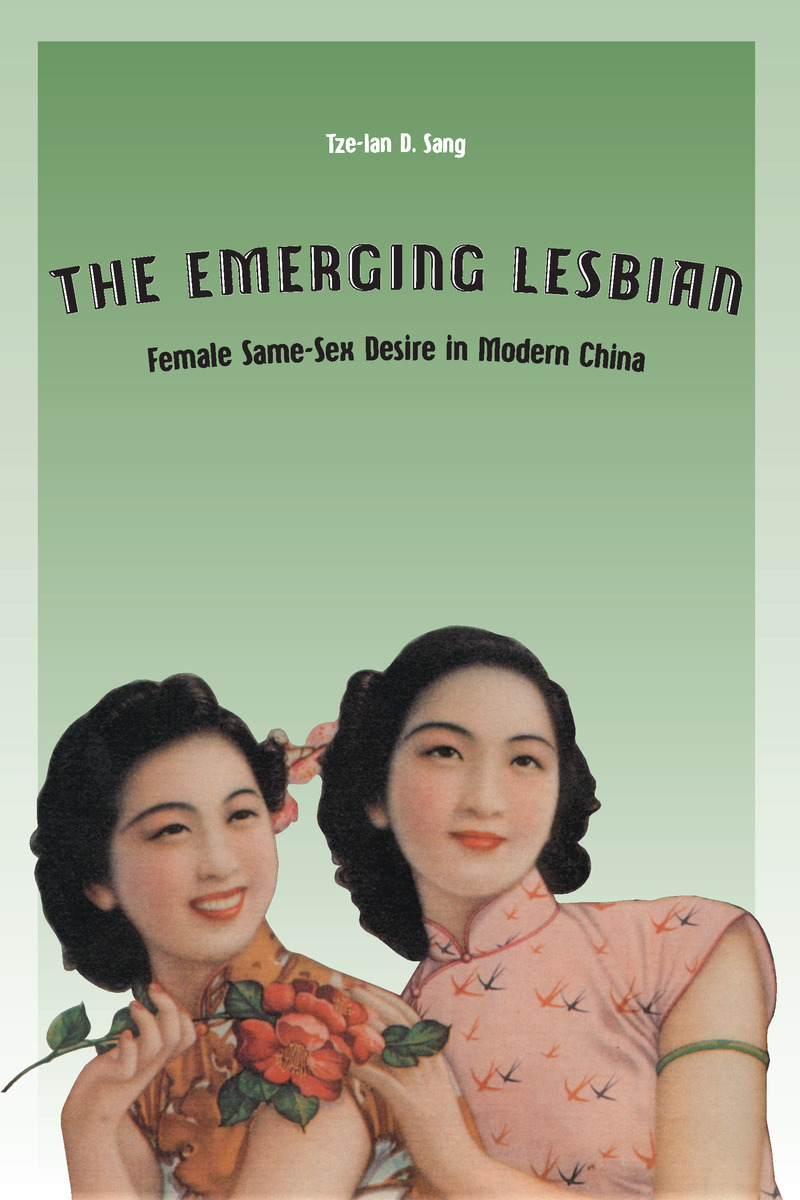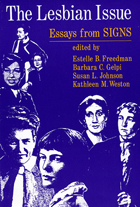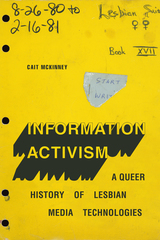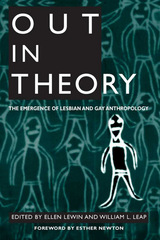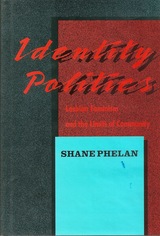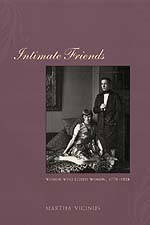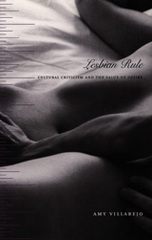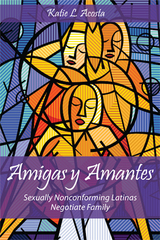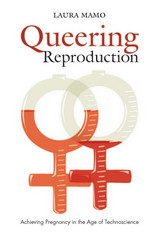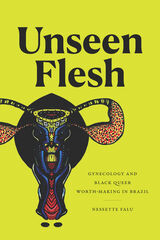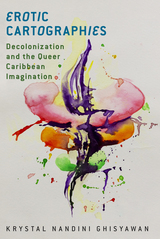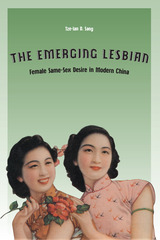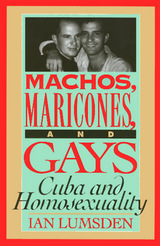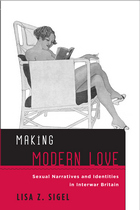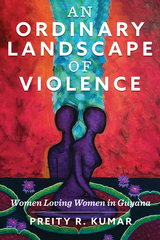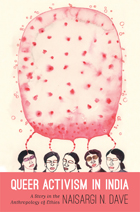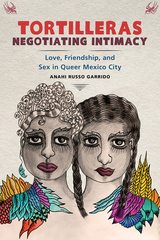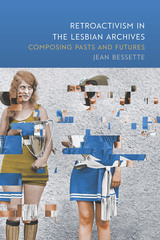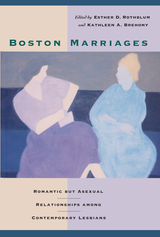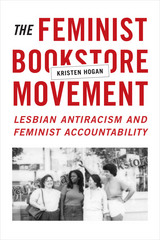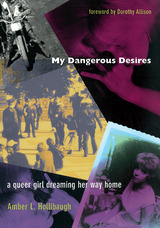The Emerging Lesbian: Female Same-Sex Desire in Modern China
University of Chicago Press, 2003
Paper: 978-0-226-73480-4 | Cloth: 978-0-226-73478-1
Library of Congress Classification HQ75.6.C6S25 2003
Dewey Decimal Classification 305.4896640951
Paper: 978-0-226-73480-4 | Cloth: 978-0-226-73478-1
Library of Congress Classification HQ75.6.C6S25 2003
Dewey Decimal Classification 305.4896640951
ABOUT THIS BOOK | AUTHOR BIOGRAPHY | REVIEWS | TOC | REQUEST ACCESSIBLE FILE
ABOUT THIS BOOK
In early twentieth-century China, age-old traditions of homosocial and homoerotic relationships between women suddenly became an issue of widespread public concern. Discussed formerly in terms of friendship and sisterhood, these relationships came to be associated with feminism, on the one hand, and psychobiological perversion, on the other—a radical shift whose origins have long been unclear.
In this first ever book-length study of Chinese lesbians, Tze-lan D. Sang convincingly ties the debate over female same-sex love in China to the emergence of Chinese modernity. As women's participation in social, economic, and political affairs grew, Sang argues, so too did the societal significance of their romantic and sexual relations. Focusing especially on literature by or about women-preferring women, Sang traces the history of female same-sex relations in China from the late imperial period (1600-1911) through the Republican era (1912-1949). She ends by examining the reemergence of public debate on lesbians in China after Mao and in Taiwan after martial law, including the important roles played by globalization and identity politics.
In this first ever book-length study of Chinese lesbians, Tze-lan D. Sang convincingly ties the debate over female same-sex love in China to the emergence of Chinese modernity. As women's participation in social, economic, and political affairs grew, Sang argues, so too did the societal significance of their romantic and sexual relations. Focusing especially on literature by or about women-preferring women, Sang traces the history of female same-sex relations in China from the late imperial period (1600-1911) through the Republican era (1912-1949). She ends by examining the reemergence of public debate on lesbians in China after Mao and in Taiwan after martial law, including the important roles played by globalization and identity politics.
See other books on: Gay Studies | Lesbian Studies | Lesbians | LGBTQ+ Studies | Modern China
See other titles from University of Chicago Press
